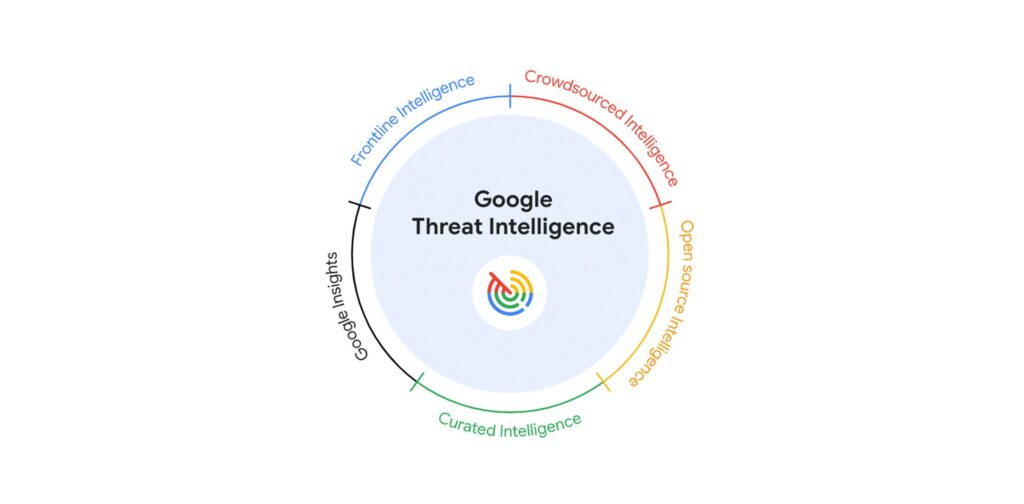Google announced its new Google Threat Intelligence at the 2024 RSA Conference in San Francisco. The latest offering addresses longstanding issues in threat intelligence by offering a more comprehensive view and easier operationalization of data.
The new solution integrates Google’s vast data insights from devices and emails, Mandiant’s expert incident response knowledge, and the crowdsourced malware intelligence from VirusTotal. Together, these components provide a robust, AI-enhanced platform designed to streamline threat detection and response.
This platform integrates several powerful elements to provide a holistic view of the threat landscape:
- Expertise from Mandiant: Mandiant, known for its frontline incident response and threat research, contributes deep insights into attacker tactics and techniques. This expertise helps in understanding and defending against sophisticated and persistent cyber threats.
- VirusTotal Community: Leveraging the global reach of the VirusTotal community, Google Threat Intelligence utilizes a broad, crowdsourced malware database. This component aids in gathering real-time insights into emerging threats through user-contributed files and URLs.
- Google’s Data Analytics: The platform capitalizes on Google’s vast data from billions of signals across devices and email accounts. Google protects billions of devices and email accounts, blocking many phishing attempts daily and providing a unique perspective on internet and email-borne threats.
- AI-Driven Operationalization with Gemini: Gemini, an AI-powered agent within the platform, offers conversational search across Google’s extensive repository of threat intelligence. This feature allows users to gain quick insights and enhances the speed at which organizations can protect themselves from cyber threats.
By combining these resources, Google Threat Intelligence offers unmatched visibility and operational capability, enabling organizations to monitor external threats, manage their attack surface, and analyze indicators of compromise more efficiently and effectively.
The new solution enhances threat detection and response capabilities and simplifies the labor-intensive processes traditionally associated with threat intelligence.
Analysis
With its new Google Threat Intelligence, Google strategically amalgamates its massive data-gathering capabilities with Mandiant’s deep threat analysis expertise and the expansive threat data from the VirusTotal community. This integration addresses two longstanding issues in cybersecurity: the fragmented view of the threat landscape and the cumbersome process of operationalizing threat intelligence.
The introduction of Gemini, an AI-powered agent, is a game-changer. It promises to streamline the process of analyzing and operationalizing threat data. This potentially reduces response times from days or weeks to mere seconds. This capability could dramatically improve the efficiency of threat intelligence services, allowing organizations to mitigate potential threats more quickly.
Moreover, Google’s use of its extensive data from devices and email systems enhances the platform’s ability to offer unique insights into potential threats. This broadens the scope of threat visibility and enriches the quality of intelligence provided to enterprises.




